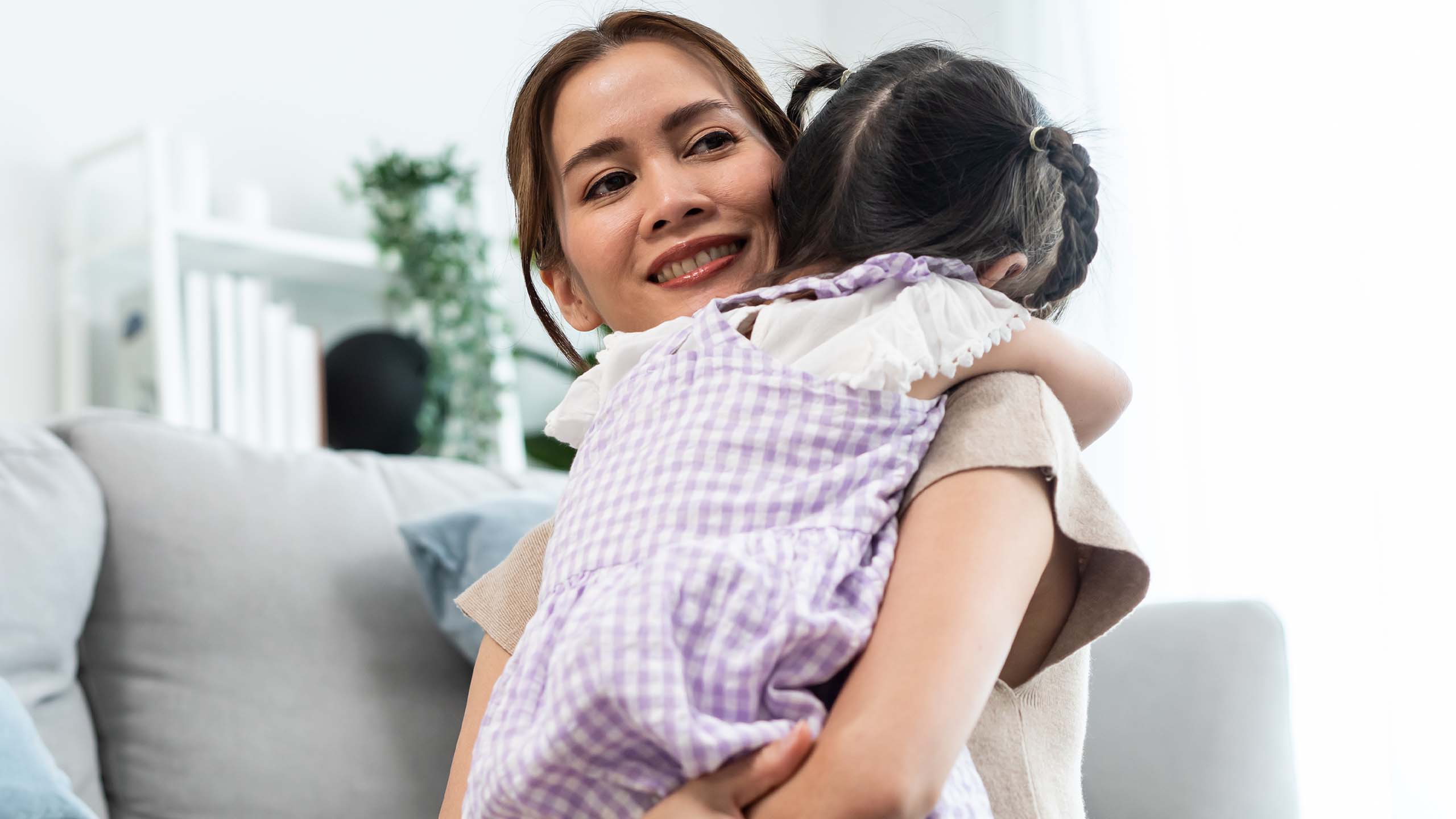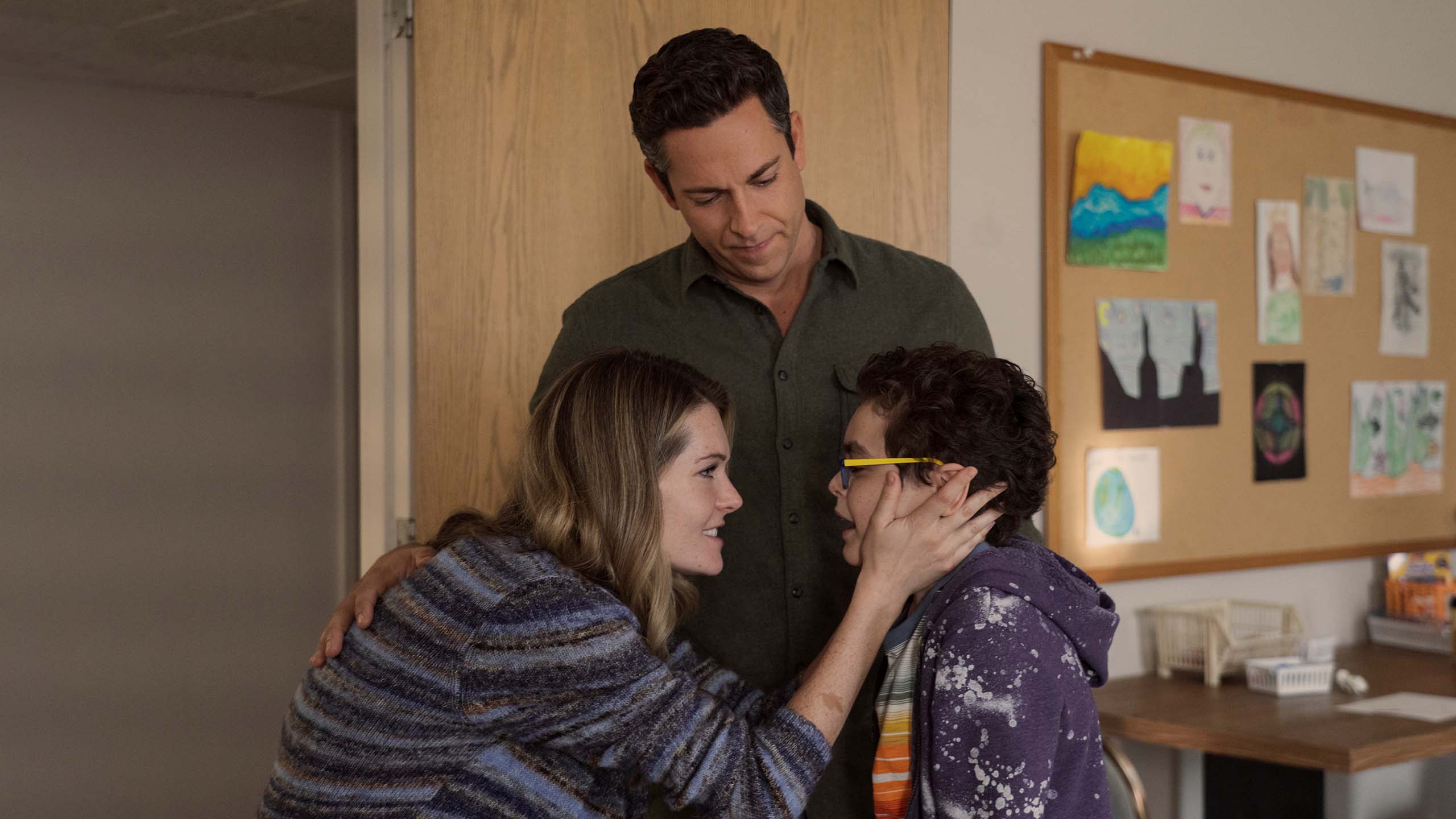Pamela Musni: The Price of Going Solo
An only child talks about the perils, tribulations, and triumphs of being one in this personal essay.
This story about Pamela Musni appeared in the Modern Parenting Mother’s Day and Father’s Day May 2024 issue.
My fellow only-child friends and I often joke about how it sucks to be an only child — which is funny, thinking about the countless times I’ve heard people say how nice it must be to be the solo kid in the family.
I admit that being a “one-and-done deal” does have its share of advantages. When I finally graduated from college, my parents shared a collective sigh of relief, knowing that was one less expense to worry about. I didn’t have to compete with other siblings for my parents’ attention, and, for the most part, I didn’t feel like I was missing out or hampered by financial issues.
But what people see as an advantage can also be a pitfall.
Debunking ‘only child’ myths
There are a lot of negative stereotypes about being an only child — that we’re spoiled, entitled, and once we’re hit by the realities of life, we are unable to cope with the fact that the world does not revolve around us. They think that because we get our parents’ full attention, we expect the world to give us the same treatment, and we have difficulty interacting with other people as a result.
To be fair, there is some truth to these. As an only child, I rarely interacted with kids my age, having lived in an apartment complex with my parents and six other aunts. The adults in my life were my only source of friendship, until they moved into their own houses and on with their lives. When it was time for me to interact and make friends, I felt like everyone else knew something I didn’t.

Not what it seems
Thankfully, that part didn’t last long. As I made my way through life, I began to understand the nuances of how friendships start and how they’re nurtured. It became easier for me to make friends, even on a whim.
Aside from making friends easily (an old team captain of mine said incredulously, “You don’t look like an only child.”), my upbringing had another interesting paradox. Because I was an only child, I had a keen awareness of my parents’ moods. I felt it deeply when my dad scolded me, to the point that it felt like I had to tiptoe around him emotionally at times.
When my mother came home stressed, the younger me felt obligated to take that discomfort away. With just the three of us to rely on each other, in a way I felt enmeshed with them, as if my nervous system was tightly coiled around theirs. Perhaps this was partly why I preferred being by myself most of the time — at least in those moments of solitude, I felt like I was myself.
Beyond the stereotype
Many still seem to believe that people who are only children have it easier just because they don’t have siblings to share the burden of life with — yet there are always two sides to a stereotype.
So, no, those who’ve decided to go “one-and-done” are not horrible or selfish people for taking that route—least of all in this economy. I salute the parents who have intended to stick to one and give hugs to those who are simply unable to have more children out of circumstance.
Understanding these nuances can help parents planning solo-child families to give them better lives, and for people to better empathize with their only-child friends.
To read the full article, grab a copy of Modern Parenting Mother’s Day and Father’s Day May 2024 issue —available on sarisari.shopping. Download the e-Magazine from Readly or Press Reader for more exclusive features and stories.
More about being an only child?
From the Eyes of an Only Child: What It’s Like to Have No Siblings
Why This Family Decided to Only Have One Child
One and Done: Why Modern-Day Parents Are Happy With One Kid









